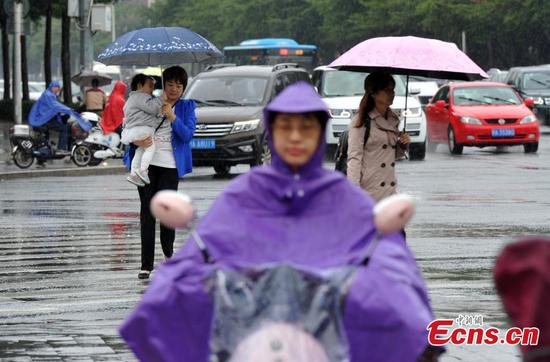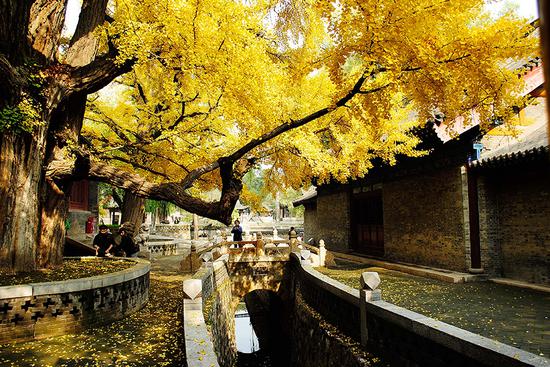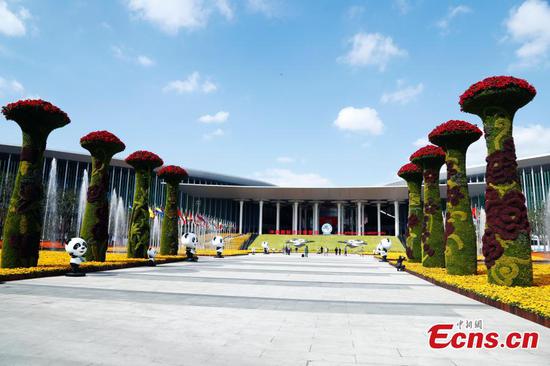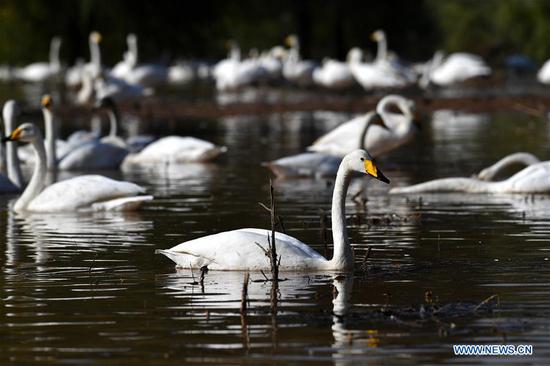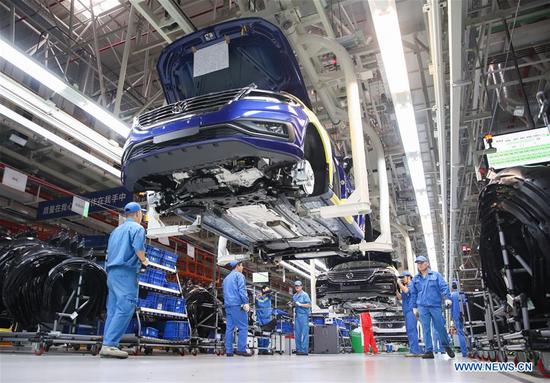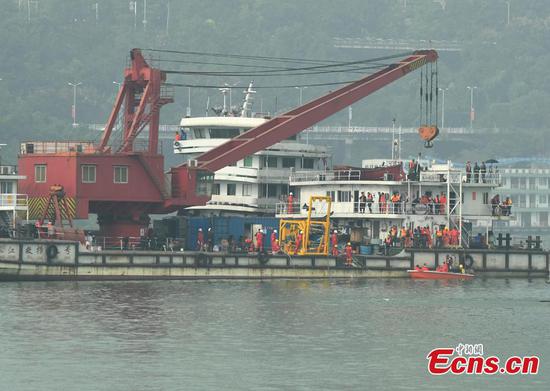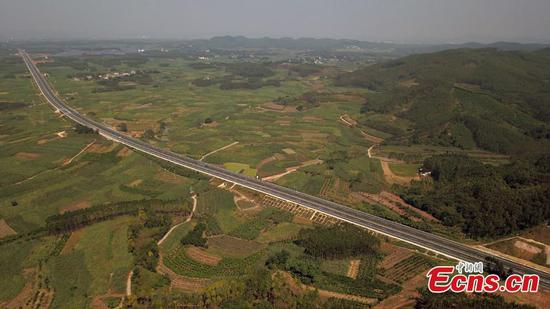Researchers at the University of Nottingham are exploring the potential of underground farming as an alternative way of producing crops while improving food safety, yields, and cost efficiency and feeding a growing urban population.
The project is being led by the University of Nottingham's Saffa Riffat, who is also chair in sustainable energy at the faculty of engineering. He is working with Yuan Yijun, a research fellow at the university who specializes in sustainable energy and mining engineering.
The project will focus for the next two to three years on the potential for the concept in the United Kingdom and China.
The farms would be linked by a network of tunnels for intensive crop farming in urban areas and could be established close to, or beneath, city centers to reduce transport costs and carbon dioxide emissions.
Researchers suggested using abandoned coal mines and civil air defense facilities for the subterranean farms.
"There are millions of redundant coal mines and tunnels in the world which could be linked to new tunnels for crop production," said Riffat. "In the UK, there are over 1,500 redundant coal mines, and in China, there are over 12,000 abandoned coal mines."
The university said that one major benefit of this method of crop production is that it will be largely unaffected by climate or seasonal changes, allowing production of all kinds of crops all year round compared with conventional farming methods.
A variety of crops could be grown in the underground farms using hydroponic planters and artificial light, with plant roots fed with nutrient-rich water.
The concept of subterranean farming would also enable crops to be produced in arid and water-deficient areas.
"Underground farms are not strongly affected by the seasons or climates, and are resistant to natural disasters, extreme weather, pests and diseases, manmade accidents and industrial pollution. In fact, the subterranean environment is naturally suited to the growth of plants. Plants need a closed environment with less oxygen and enriched levels of CO2 and water," said Riffat.
This year in the UK, the extreme heat of the summer and a long preceding winter and cold spring played havoc with agriculture and put pressure on many aspects of farming including livestock and vegetable production.











